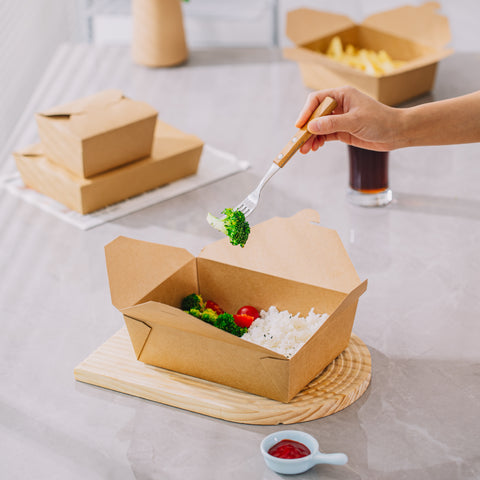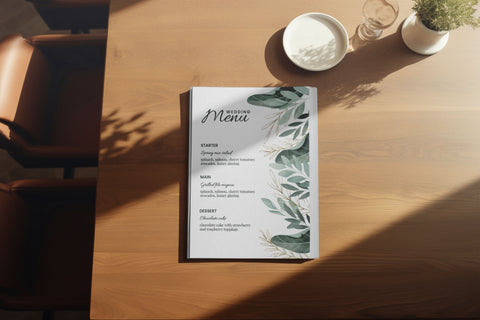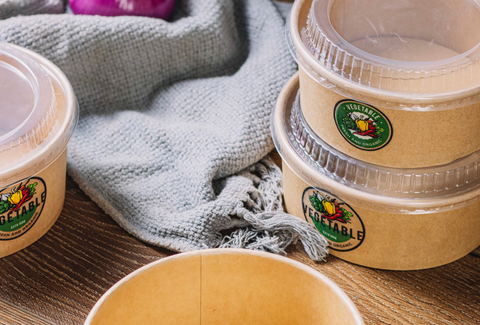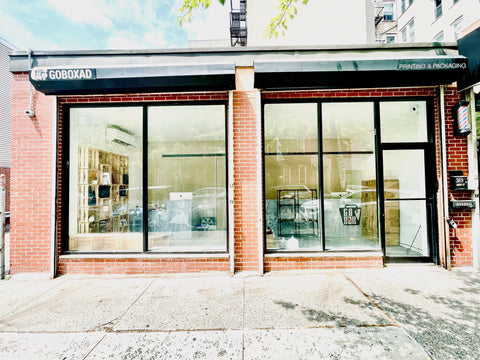In the ever-evolving world of food packaging, sustainability and functionality are at the forefront of industry innovation. One of the latest developments making waves is the introduction of BioPak Microwavable Folded Paper containers. These eco-friendly solutions are poised to revolutionize the way restaurants, cafes, and food delivery services approach packaging, particularly when it comes to the growing demand for microwavable containers.
The Rise of Sustainable Packaging with BioPak
As consumers become more environmentally conscious, the demand for sustainable packaging has surged. BioPak, a leader in eco-friendly packaging solutions, has responded with their latest innovation: BioPak Microwavable Folded Paper containers. These containers are designed not only to be environmentally friendly but also to meet the practical needs of today’s fast-paced food industry.
Unlike traditional plastic or Styrofoam options, the box bio solution offered by BioPak is made from renewable resources and is fully compostable. This is a significant step forward for businesses looking to reduce their carbon footprint while still providing high-quality, convenient packaging for their customers.
Microwavable Convenience Meets Sustainability
One of the standout features of the BioPak Microwavable Folded Paper container is its ability to withstand the rigors of microwave heating. Unlike some other eco-friendly packaging options, these containers are specifically designed to be microwavable containers, making them ideal for takeout and delivery services. Whether it's a quick lunch or a reheated dinner, these containers ensure that food can be safely and conveniently warmed up without compromising the integrity of the packaging.
This development is particularly relevant as more consumers seek out convenience items like microwavable slippers and microwavable heating pads to enhance their everyday lives. The demand for microwavable products extends to food packaging, and BioPak’s solution addresses this need while maintaining a focus on sustainability.
Meeting Industry Demands: A Look at Pak Foods and BioPak Collaboration
Pak Foods, a leading distributor in the foodservice industry, has recently partnered with BioPak to offer these microwavable containers to a broader market. This collaboration is set to provide restaurants and foodservice providers with access to innovative packaging solutions that align with the growing demand for sustainability.
The BioPak Microwavable Folded Paper containers have been praised for their versatility and practicality. As more restaurants shift towards eco-friendly practices, these containers offer a viable alternative to traditional packaging. They’re perfect for a variety of dishes, from hearty meals to light snacks, and are designed to handle both hot and cold foods.
Looking Ahead: The Future of Food Packaging
The introduction of BioPak Microwavable Folded Paper containers represents a significant advancement in the food packaging industry. As sustainability continues to be a driving force, it’s likely that more companies will follow in BioPak’s footsteps, developing innovative solutions that balance environmental responsibility with consumer convenience.
For businesses in the food industry, staying ahead of trends is crucial. Incorporating sustainable options like BioPak containers not only meets consumer expectations but also positions companies as leaders in the movement towards a greener future. With the growing interest in products that combine convenience with eco-friendliness—such as microwavable slippers and microwavable heating pads—the demand for innovative packaging solutions will only continue to rise.
BioPak Microwavable Folded Paper containers are more than just a packaging solution; they are a testament to the power of innovation in meeting the needs of both the market and the planet. As the industry continues to evolve, these containers will undoubtedly play a key role in shaping the future of food packaging.




